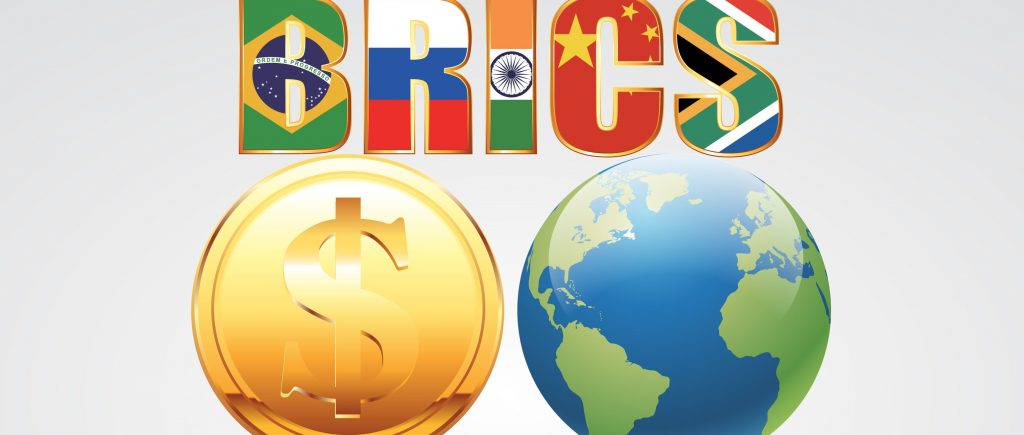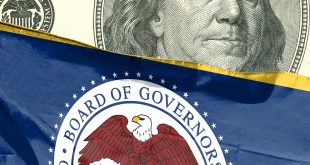Most observers and analysts assert that proposals for de-dollarization can undoubtedly be detrimental to the US dollar. Once regarded as the sole currency for international trade, the American dollar is losing its appeal and being supplanted by other currencies.
The United States today faces a growing wave of global de-dollarization as many of the biggest and most populous nations on the earth are collaborating to introduce an alternative to the US dollar for use in international trade after abusing its reserve currency status for years. Undoubtedly, it will have a significant influence on the US economy and could lead to a financial disaster for the top superpower in the world.
It is unlikely that the US dollar, which is currently the main global currency, will fail anytime soon. Although de-dollarization will take some time, inflation is currently the biggest threat that the dollar has already encountered.
On Wednesday, a panel discussion was held at the Valdai Club in Moscow on de-dollarization. Billionaire Chamath Palihapitiya has called the trend of de-dollarization a “huge nothingburger” but a group of economically-aligned nations collectively known as BRICS is reportedly planning to create a new currency that could rival the US dollar’s dominance in international trade.
The demise of the United States dollar as the world’s leading reserve and trade currency is greatly exaggerated. Its dominant status, unchallenged since the end of the second world war, is unlikely to end any time soon.
De-dollarization involves buying US dollars for forex reserves, bilateral trade agreements, and assets denominated in the US dollar in place of the currency used to trade oil and other commodities. China and Brazil agreed to settle trades in one another’s currencies last week.
When petroleum prices dropped to zero per barrel two years ago3, analysts were worried about a major decline in consumption levels brought on by lockdowns and demand suppression associated to COVID-19.
By defusing tensions with China and pressuring that nation to continue using SWIFT rather than switching to alternate networks, the Biden administration can maintain the dollar’s dominance in the world. China is discreetly accelerating its regional de-dollarization plans in an effort to overthrow the dollar. Concerned about de-dollarization, Tucker Carlson has criticized the Biden administration for upsetting the global community.
The global economy is facing an unstable year. The dollar hit a 20-year high in value. A number of factors, both domestic and international, have contributed to the strength of the dollar. The Bank of England boosted rates Thursday by 0.50%, shifting down from its previous 0.75% hike as inflation fell to 10.7% in November from a 41-year high in October. J.P. Morgan Research predicts that USD/JPY is expected to hit 135 in March 2023, before trading at 133 in June 2023, 130 in September 2023 and 128 in December 2023.
Anyway, an increasing number of nations are seeking alternatives to reduce their dependence on the United States. Peoples Dispatch reports that BRICS advances alternative to US-dominated financial system. Analysts also predict that economic growth in 2023 will be slightly positive, at 0.1%, while others are predicting a growth rate of -0.4%3.

 Noor Trends News, Technical Analysis, Educational Tools and Recommendations
Noor Trends News, Technical Analysis, Educational Tools and Recommendations




